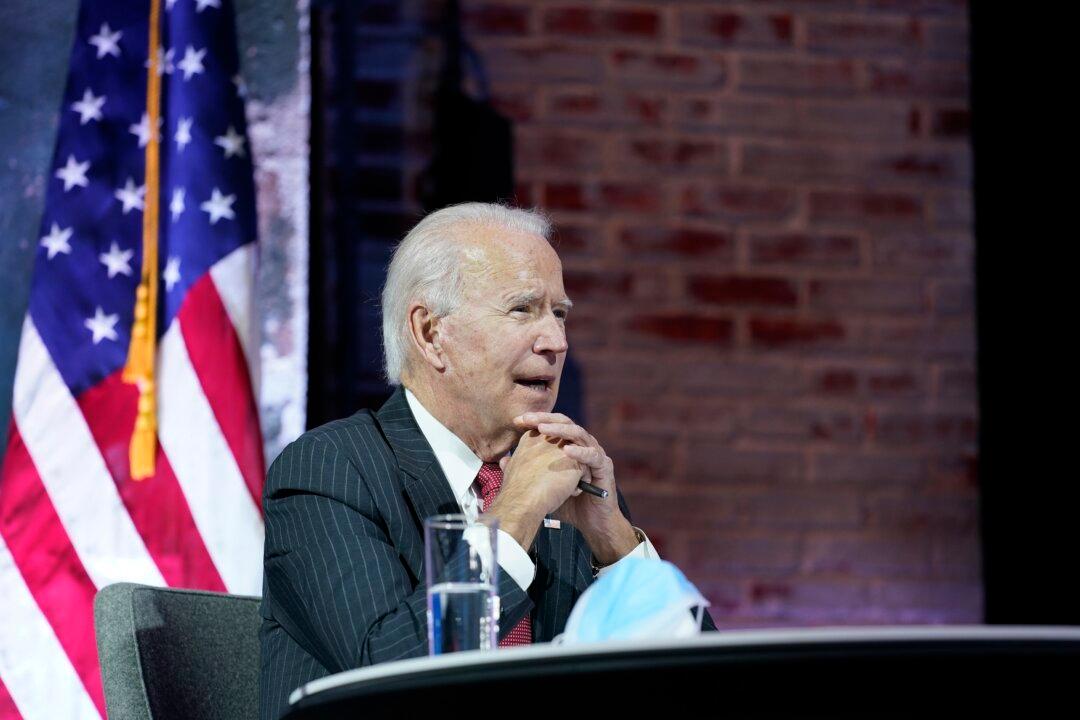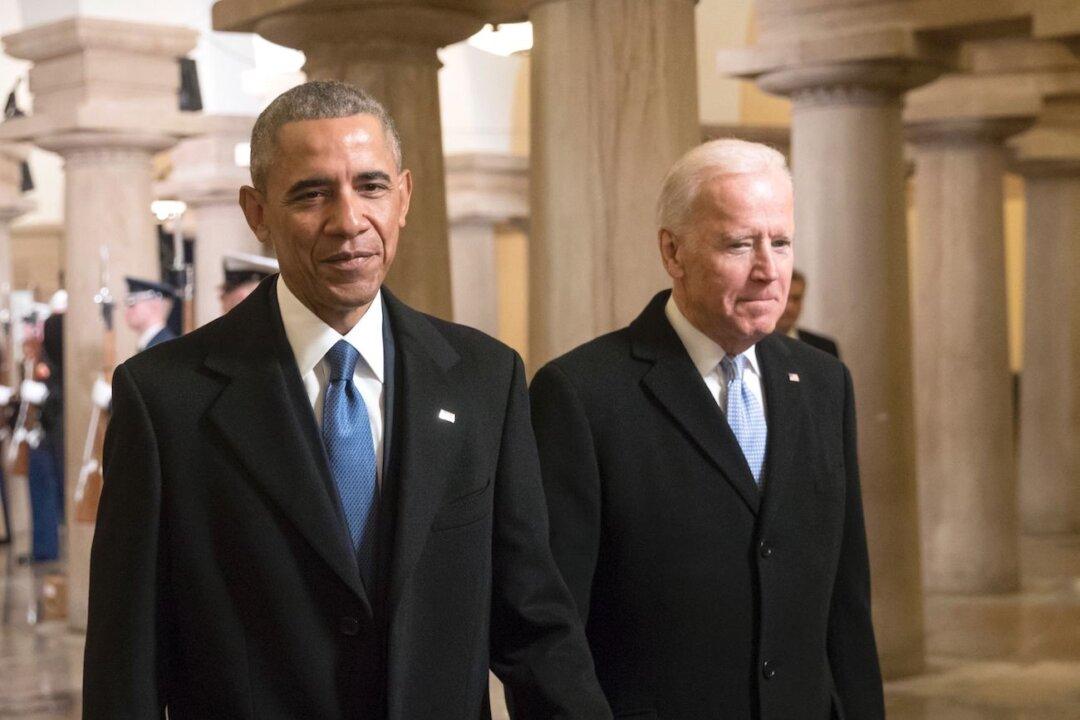Commentary
Higher education might be the most pressing domestic issue confronting America today. As currently structured and carried out, higher education is a blight upon the nation—an affirmative hindrance to our efforts in aiding human flourishing and securing the common good. It is possible that no propagated belief in modern American history has been more intellectually, experientially and fiscally ruinous than the notion that a four-year bachelor’s degree-bestowing bender is a necessary rite of passage for entering adulthood.





